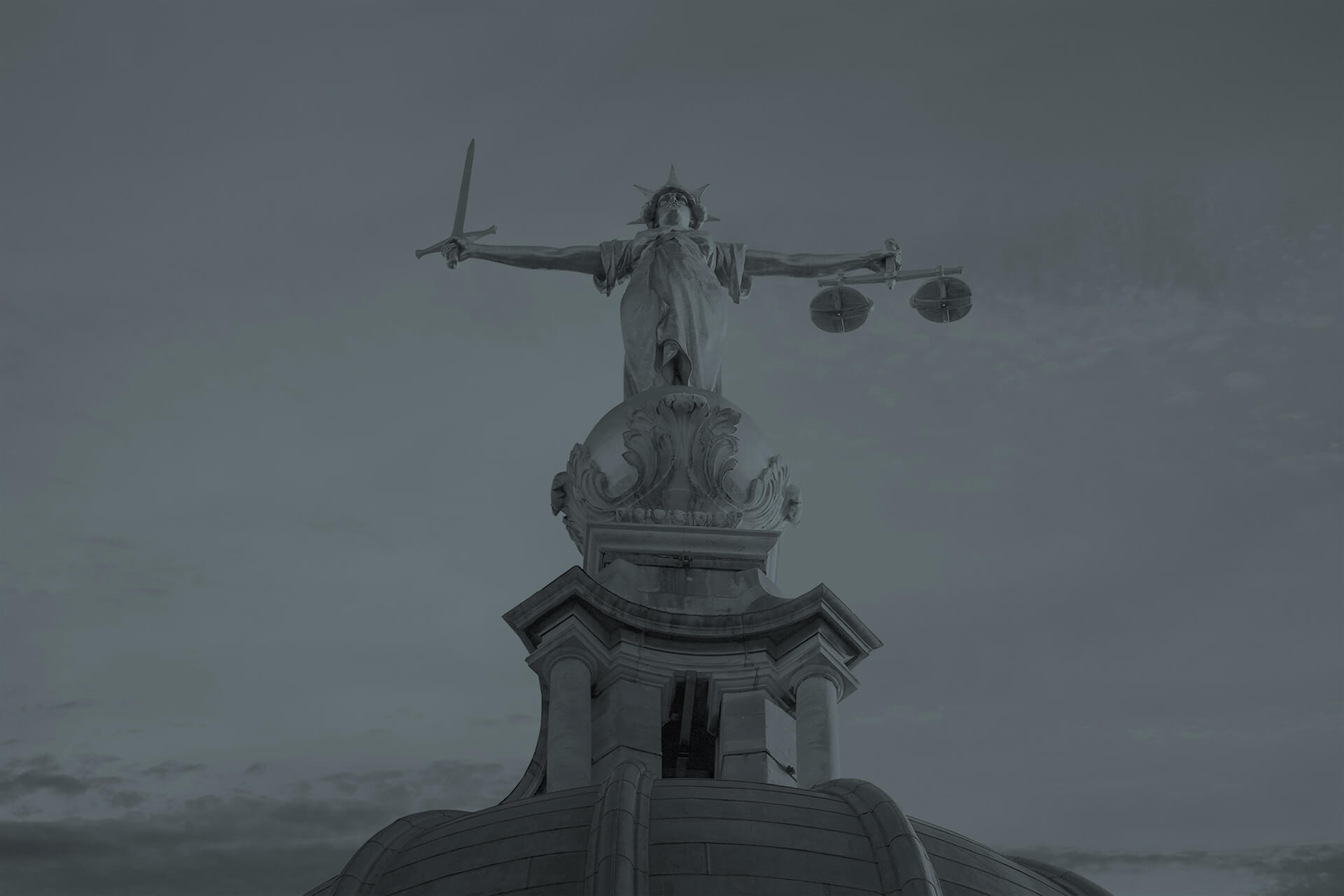Send your enquiry.
Contact us for a free, initial no obligation consultation.
"*" indicates required fields
Your information is safe and treated in accordance with our Privacy Policy
If you are accused of charity fraud, you need to speak to our fraud and financial crime solicitors. Charity fraud is a serious allegation and is not something that you should take lightly. It can result in a period of imprisonment and the confiscation of assets.
Charity fraud solicitors London
Have you been accused of charity fraud? Contact us now at Ashmans Solicitors. We have a proven track record in high profile charity fraud cases. We can help you too. Speak to our charity fraud solicitors for clear legal advice. We are available to take your call 24 hours a day, 7 days a week.
What is charity fraud?
Charity fraud is the unlawful appropriation of funds obtained through charitable donations. This might happen if funds are raised for a charity that does not actually exist, or if funds are raised for a legitimate charity but are not used for their intended purpose.
Types of charity fraud
There are three main offences under the Fraud Act 2006:
- Fraud by false representation
- Fraud by failing to disclose information
- Abuse of position
Charity fraud typically relates to the first offence: fraud by false representation. One example is where funds are collected for a bogus charity. This is precisely what happened in the case of Tyler Parton who was found to have netted around £300,000 through unlicenced street collections. He was sentenced to five months in prison for misleading the public into thinking they were supporting a children’s cancer charity.
Charity fraud can also impact registered charities – even formerly reputable charities that have been operating for many years. Trustees, directors or employees may be accused of the misappropriation of funds, whereby money intended for charitable causes is used for noncharitable means, be it for personal use or something else.
The failure to disclose information and the abuse of position may also factor into the allegations, as individuals may be accused of covering their tracks or turning a blind eye to fraudulent activity. This is particularly relevant to trustees who have a legal duty to report charity fraud to the police.
Preventing charity fraud
Even if you are not the one committing fraudulent acts, you may find yourself embroiled in a charity fraud prosecution. Charities are responsible for preventing fraud and protecting funds from charitable providers. Poor financial practices and a lack of fraud awareness can put a charity in a vulnerable position, leaving it open to abuse. Those in charge may be found negligent, even if the fraud is committed by someone else – or even if genuine mistakes were made.
Because of this, it is essential to implement systems to prevent charity fraud. Often, a small charitable enterprise expands quickly. If so, those at the helm might not have the financial know-how to manage the charity’s finances properly. It is important to get expert advice and to enforce systems to protect the charity against both insider fraud and external fraud.
What happens when you are accused of charity fraud?
If charity fraud is suspected, you will be the subject of two investigations: one will be carried out by the police, while the other will be carried out by the Charity Commission. Every aspect of the charity’s conduct will be examined by a team of experts. This includes the accounts, expenditure and operations. Anyone associated with the charity will be interviewed, such as employees, volunteers, directors and trustees. Digital devices, telephone records and other materials may also be obtained and analysed.
If there is any indication that you are linked to charity fraud, the police will make an arrest and interview you under caution. If you have not already got legal representation, then now is the time to contact a solicitor. You are entitled to free police station representation, no matter who you are. We highly recommend that you exercise this right.
Depending on the amount of evidence available, you may be released under investigation following the police interview. This is when you are released from custody, pending further investigations into your actions. Or, you may be formally charged. If you are formally charged with charity fraud, there will be a court case.
What are the penalties for charity fraud?
The maximum penalty for charity fraud is 10 years in prison, although sentences usually begin from as little as two months’ imprisonment. You may also be told to repay the stolen funds. This can be financially crippling, and may even result in the seizure of personal assets.
A judge will consider various factors when deciding how to sentence you. The judge may be persuaded to impose a more lenient sentence if any of the following mitigating factors are applicable to your case:
- You show genuine remorse
- You plead guilty
- You were forced to take part in the fraudulent activity
- You did not fully understand your actions
- You were not a ring-leader
- You co-operated with the investigation
- You are of good character
Charity fraud and the media
Cases of fraud often attract significant media attention. This is partly because the public feels invested in the case. If they have donated to the charity in question, then they feel as though they themselves have been defrauded. It is also partly because charities are viewed as altruistic organisations with strong moral values. Any deviation from this standard will likely prompt public outrage.
Because of this, charity fraud can cause significant reputational damage. People can be quick to point the finger in cases of charity fraud – even where those accusations are completely unfounded. This can tarnish a charity’s reputation, something which can persist, even once any allegations of wrong-doing have been dropped.
How can our charity fraud solicitors help you?
The potential for a media frenzy is one of the reasons why you must instruct an experienced fraud solicitor if you are accused of charity fraud. The other is that, if convicted, the consequences can be serious. As mentioned above, you can face a prison sentence if found guilty of charity fraud. You may also have to repay any misappropriated funds, which may run into many thousands of pounds. This can have a devastating impact on you and your family, affecting your life for many years to come.
At Ashmans Solicitors, we have a dedicated team of fraud and financial crime solicitors. We know this is a stressful situation for you, but we are here to support you throughout this unhappy period. We will do everything in our power to discount the allegations against you. Just because you have been accused of charity fraud, certainly does not mean that you are guilty. We will apply our legal expertise to discredit the prosecution’s claims. This might even result in the case against you being dropped in the early stages.
If your case does proceed to court, we will instruct various experts in the pursuit of your defence. This includes forensic accountants and experienced barristers. Together, we will put forward a robust defence to ensure you are acquitted of all charges. If you wish to plead guilty, then we will explain to the court why your sentence should be reduced, setting out the mitigating factors in your case.
Charity fraud case study
Lots of law firms claim to deal with charity fraud, but few have a proven track record of success. At Ashmans Solicitors, we have defended clients accused of charity fraud, securing a favourable outcome on their behalf. This includes the case of “Operation Caring Today”, in which we represented a former worker of a charity. It was alleged that the charity dishonestly obtained funds from charitable providers which were then enjoyed for personal use. We prepared the case meticulously and put forward a strong defence, with the help of a forensic accountant. Our client was found not guilty.
Charity fraud solicitors London
Have you been accused of charity fraud? Contact us now for a free initial enquiry.
Call us on 0333 009 6275. We are available 24 hours a day, 7 days a week.
You can also email us on enquiries@ashmanssolicitors.com or complete our Free Online Enquiry Form and we will contact you.




